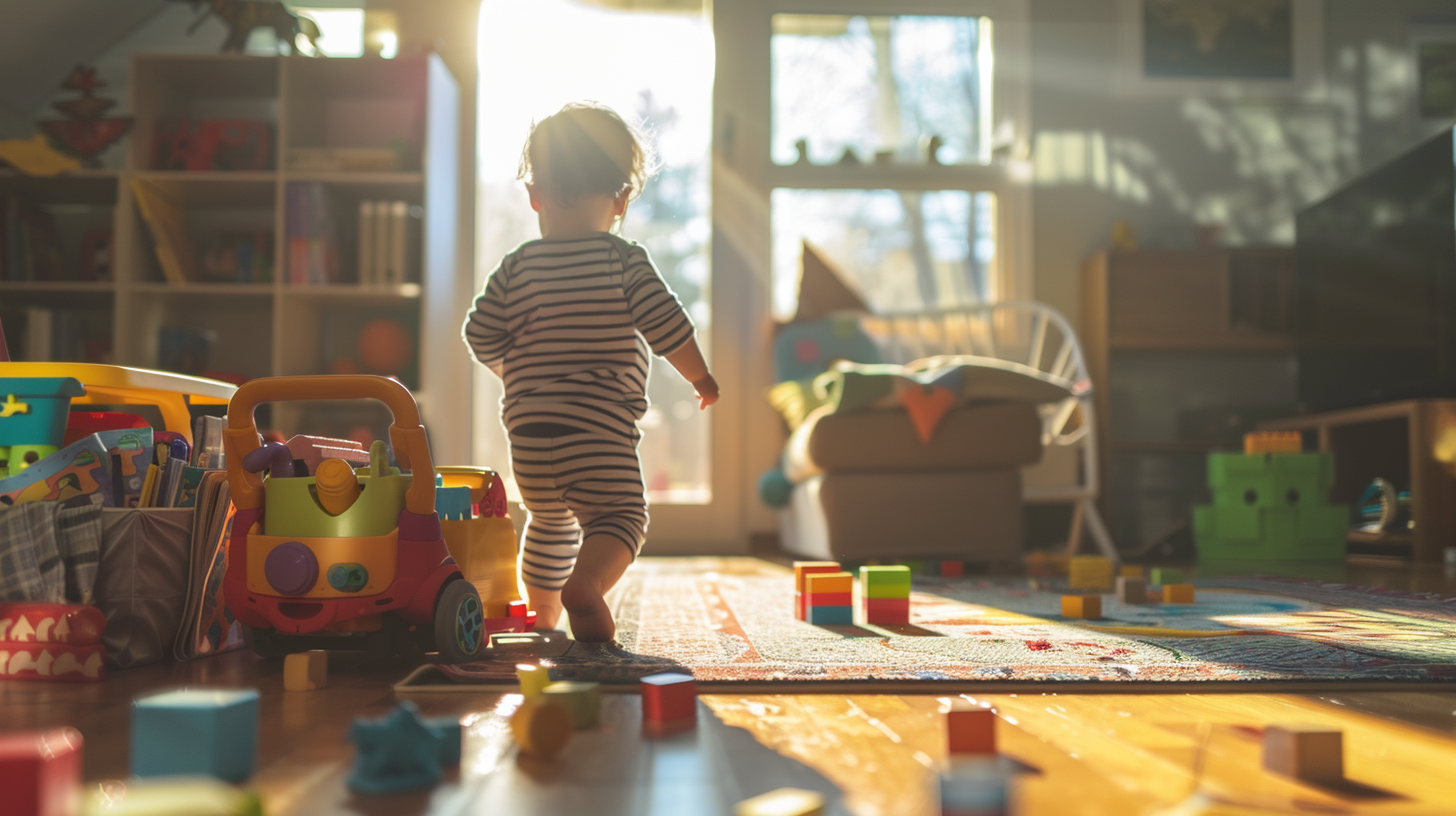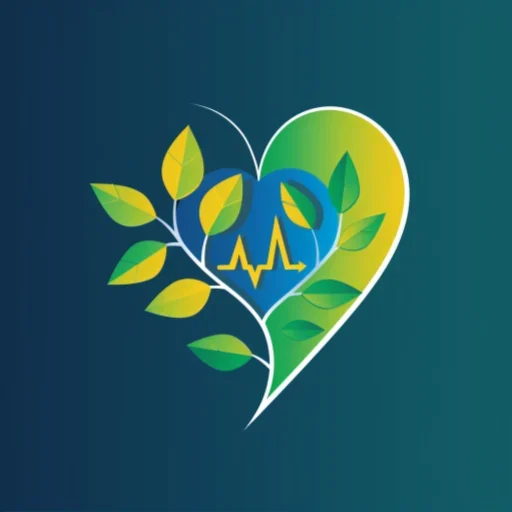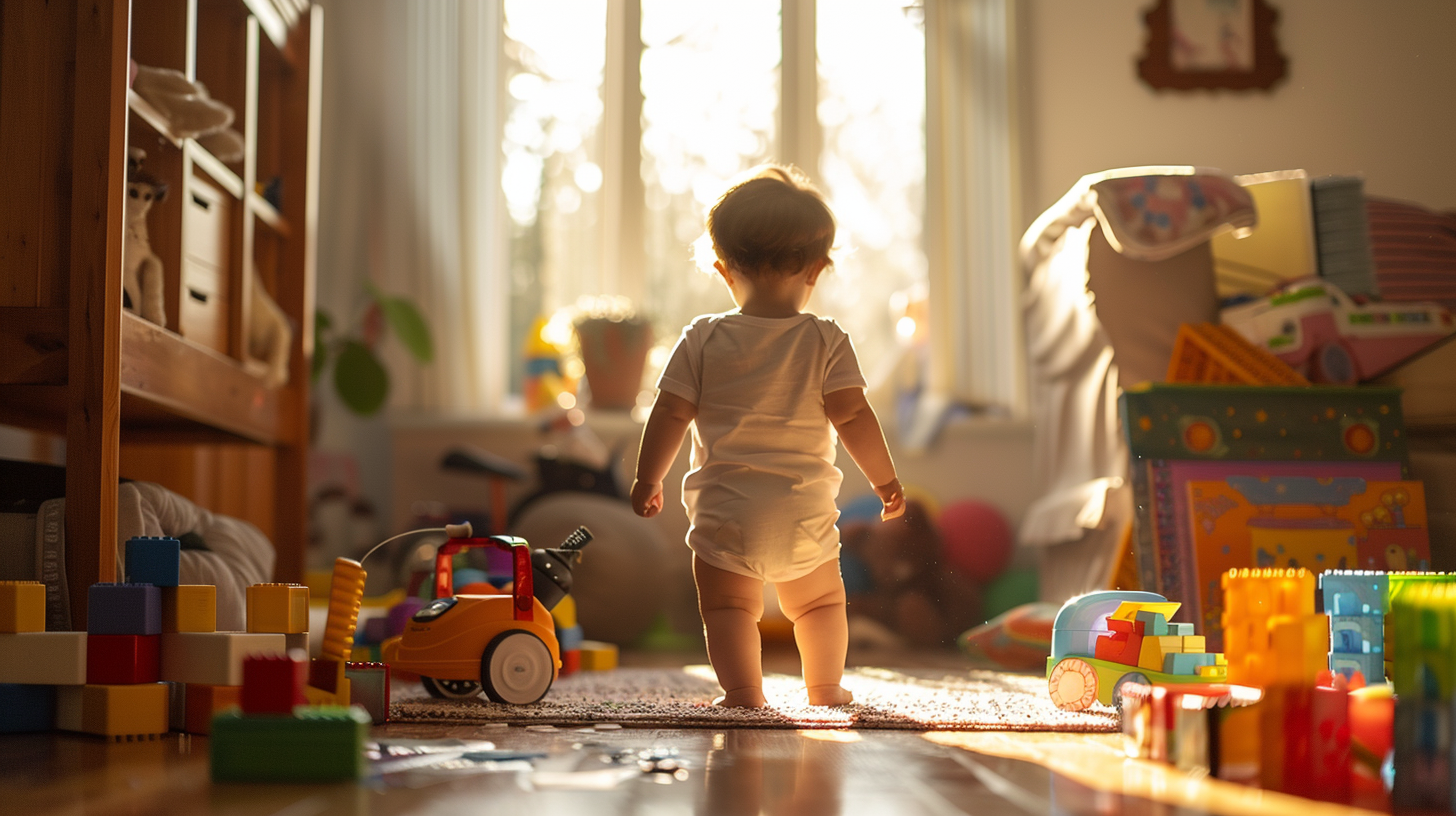What Is My Toddler Learning?
Language Skills: Communication truly blossoms during this time! By around 15 months, many toddlers begin to say their first words and use gestures to express their needs. By 18 months, they’ll follow simple directions without visual cues. Expect their vocabulary to grow from 1 or 2 words to about 50, with adorable gestures like blowing kisses or shaking their heads for “yes.” Keep in mind that frustration can arise when their understanding exceeds their ability to express—it’s all part of the learning process!
Fine Motor Skills: As hand-eye coordination improves, watch as your toddler starts to scribble and manipulate items with greater precision. Toys that encourage exploration, like busy boxes and simple puzzles, can be a great way to foster these skills!
The Power of Play
Gone are the days of simple shaking and banging on toys! Now, your little one is eager to stack blocks, talk into a toy phone, and push their favourite toy car around. They thrive on social interaction, often mimicking older siblings or friends during playtime. Keep in mind, however, that sharing is still a skill in development, so be prepared to step in and guide them through moments of toy negotiation!
How Can I Help My Toddler Play and Learn?
Your toddler’s newfound mobility means they’re ready for action! Provide them with safe spaces to run, jump, and climb. They adore mimicking your daily tasks, so consider giving them age-appropriate toys—think toy vacuums while you clean or pots and pans to “cook” alongside you. Here’s a list of exciting toys that they’ll love:
- Brightly coloured balls
- Blocks and stacking toys
- Fat crayons or markers
- Animal figures and dolls
- Toy cars and trains
- Shape sorters and peg boards
- Simple puzzles
- Push, pull, and riding toys
Reading continues to be a wonderful bonding experience. Encourage your toddler to join in by pointing out objects in the pictures or naming things they see. Chatting about the stories and experiences of the day enhances vocabulary and stimulates their curiosity.
When Should I Call the Doctor?
Remember, every child develops at their own pace, and individual milestones may vary. If you ever feel uncertain about your toddler’s growth or have concerns, don’t hesitate to reach out to your doctor. They are there to help guide you through this incredible stage of your child’s life!
Learning, Play, and Your 1- to 2-Year-Old
The transition from baby to toddler is a trans-formative period that occurs during the second year of life. Children develop rapidly, gaining new skills, confidence, and a sense of independence. As your little one takes their first shaky steps, it is essential to ensure the home environment is childproofed to prevent any accidents as they explore their newfound mobility.
What Is My Toddler Learning?
Language Skills
Language development is a significant milestone for toddlers, and it plays a crucial role in their social and emotional development. By 15 months, most toddlers begin speaking their first words and start using gestures to communicate such as pointing to ask for assistance or express needs. By 18 months, their ability to follow simple one-step directions becomes more refined, even without gestures.
Throughout the second year, a toddler’s vocabulary typically expands from a mere handful of words to about 50. This growth might seem slow at first, but it tends to ramp up significantly in the second half of the year. Gestures become increasingly commonplace, with little ones adopting actions like blowing kisses and shaking their heads to indicate yes or no. As they develop understanding much faster than they can communicate, this disparity can lead to frustration, manifesting as tantrums.
Fine Motor Skills
Fine motor skills are also honing during this stage. Toddlers improve their hand-eye coordination, allowing for more control over their fingers and hands. It is a time when you might notice them scribbling or experimenting with buttons and switches. Engaging them with busy boxes filled with a variety of age-appropriate toys can provide valuable learning experiences.
Play
Play evolves at this age as toddlers begin to manipulate toys in more complex ways compared to their baby days. Instead of merely shaking or throwing objects, toddlers start to stack blocks, pretend to talk into a toy phone, or push a toy car. It’s important to provide them with opportunities to explore play with minimal interference, while also recognising the need for proper sharing etiquette.
Toddlers typically enjoy the company of their peers, often mimicking one another’s actions while playing. However, do not expect cooperative play as sharing can be a challenge. Ensure there are plenty of toys available to prevent conflict, and guide older siblings to model appropriate behaviours such as taking turns and sharing.
How Can I Help My Toddler Play and Learn?
Once your toddler learns to walk, their desire to explore and move actively is unrelenting. Here are some suggestions to encourage their play and learning:
- Provide safe environments for running, jumping, and climbing where they can practice these new skills.
- Incorporate play into daily chores—toddlers love to imitate adults! They may enjoy using a toy vacuum while you clean or playing with pots, pans, and wooden spoons while you cook.
- Encourage creativity with:
- Brightly coloured balls
- Blocks for stacking and nesting
- Fat crayons or markers for drawing
- Animal figurines and dolls for imaginative play
- Toy cars and train sets
- Shape sorters and peg boards for fine motor skill development
- Simple puzzles
- Push, pull, and riding toys to encourage mobility
Reading to your toddler continues to be vital for language development. Encourage them to follow along with stories and prompt them to point out objects or words they recognise. Engaging in conversations about the books you read and daily activities fosters their communication skills. Always be patient and allow time for responses, expanding upon their answers to deepen their understanding.
When Should I Call the Doctor?
Every child develops at their own pace, and there is a broad spectrum of what is considered typical development. However, vigilance is crucial. If you have any concerns regarding your toddler’s development or suspect they are not meeting certain milestones, consult your doctor. Open communication with your healthcare provider can provide reassurance and guidance on your child’s progress.
Conclusion
Your toddler’s journey through the second year of life is filled with exciting discoveries, newfound abilities, and challenges. Being attentive to their developmental milestones—be it in language, fine motor skills, or social play—enables you to support and encourage their growth effectively. Remember that your involvement plays a critical role as they explore the world and learn to navigate their surroundings, ensuring a rewarding experience during this trans-formative stage.
 Here’s a structured summary in table format based on the article about learning and play for 1- to 2-year-old:
Here’s a structured summary in table format based on the article about learning and play for 1- to 2-year-old:
| Key Points | Details |
|---|---|
| Language Skills Development | Toddlers make significant progress in communication, moving from saying their first words to understanding and following basic directions. |
| Fine Motor Skills Improvement | Fine motor skills, including hand-eye coordination, improve as toddlers learn to manipulate objects and explore with their hands. |
| Play Behaviour Changes | Play evolves from simple actions to more purposeful use of toys and items. Toddlers enjoy parallel play and learning from peers. |
| Encouraging Play and Learning | Active engagement and providing age-appropriate toys are crucial for toddlers’ development. Reading together remains important for language skills. |
| Developmental Monitoring | Parents should be aware of developmental milestones and consult a doctor if there are any concerns regarding their child’s progress. |



